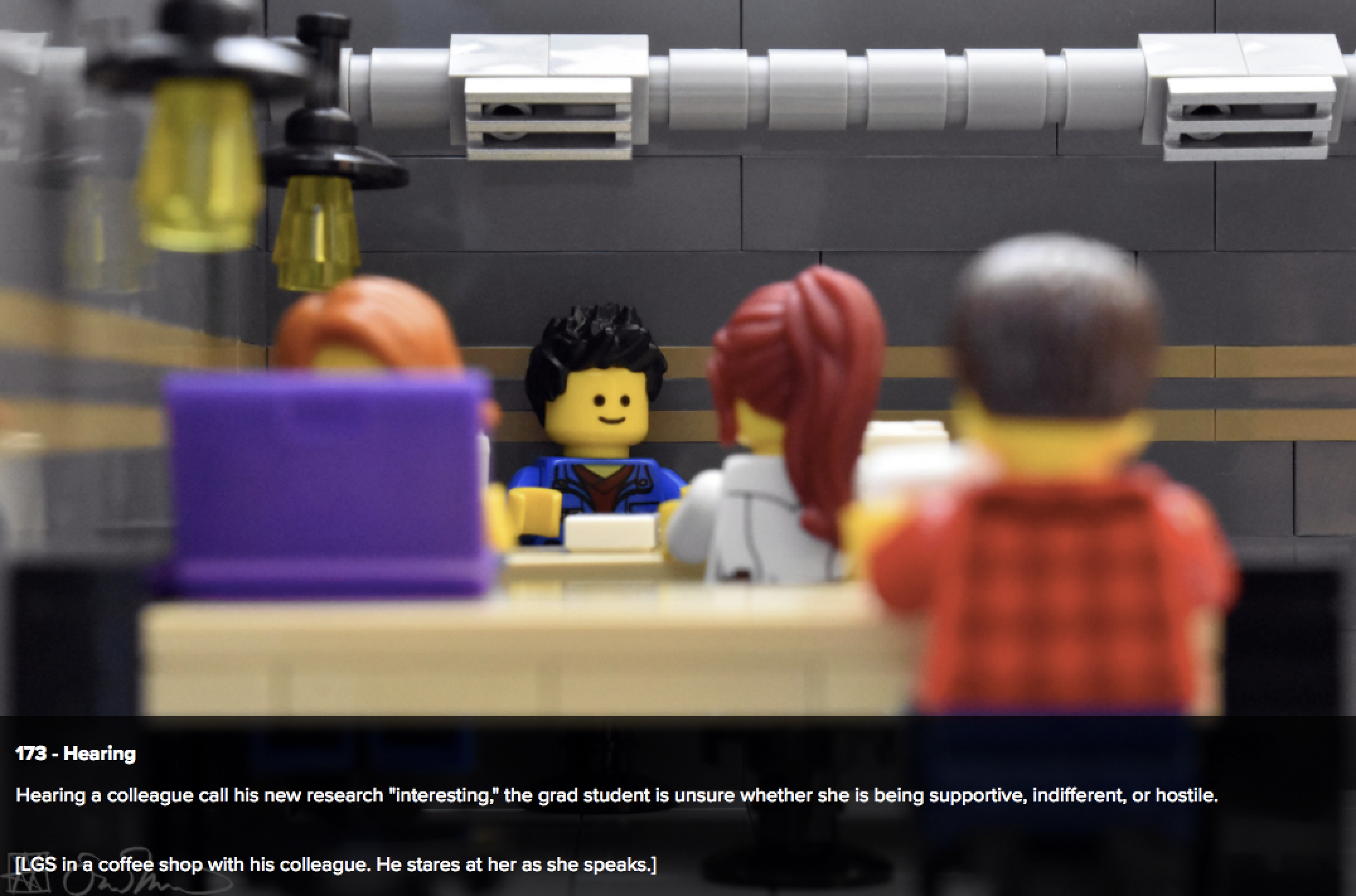On “Interesting,” the Most Boring Adjective
For my inaugural post, I must write about my least favorite word—one I never use, one I strike out of every piece of writing that comes across my editing desk. That word is interesting. But before I say any more about it, allow me to first tell you a story.
Back when I was a senior in college, a student organization I joined was hosting an alumni event, one in which healthy amounts of both booze and ideas were flowing. At this event, I found myself making small talk with a bow-tied alumnus. As we chatted, he asked me about my senior year, how it was going, and what I was working on for my senior thesis in history. He told me of his deep appreciation for history, so I took that admission as license to go into detail about my project. With great enthusiasm and apparently too much detail, I shared the elevator pitch of my project. (And admittedly, you could call it an “elevator pitch” only if you were going from the lobby to the 97th floor of the building.) His only response, after a moment of consideration, was a trite “that’s interesting.”
It was in that moment that I realized that interesting is nothing but a high-brow filler word. It’s the adjective you use when you want to impart zero judgment on the preceding statement—and, by extension, zero addition to the proceeding conversation. From college seminars to cocktails parties, the usage is rife. Yet it contributes absolutely nothing to any of those exchanges—other than, rather ironically, to communicate that one is bored or otherwise boring.
According to Merriam-Webster, the word means “holding the attention” or “arousing interest.” Yet with its ubiquitous overuse and misuse, it hardly holds up to its definition in practice. In fact, what people really mean when they use the word can range from “surprising” and “ironic” to “unique” and “novel” to even “peculiar” and “off-putting.” The overuse and misuse of the word render it ultimately useless.
When used to describe a person, it is one of the worst adjectives possible because it is either unintentionally ambiguous or maliciously deceptive. For it is the adjective you use to describe a person you’re unsure how you feel about or uncomfortable sharing how you really feel about. Sometimes people will use the word in place of eccentric, but the two words are not at all synonyms. In fewer occasions, the word is used favorably to describe a person with a captivating life story or a person with a unique way of thinking; in these cases, again, there are so many better, more precise adjectives than interesting.
Nevertheless, I recognize that filler words serve a purpose in conversation, especially when one hasn’t had the time to fully consider an idea and simply wants to keep the conversation flowing. But in print? When the writer (and the editor) has had the time to read, reread, and proofread the text? It’s absolutely unacceptable. The word lacks total precision and in its most literal sense conveys no extra meaning. If you are including a fact or a detail or a narrative, it is already obvious that it is of interest to you, so describing it as “interesting” is nothing but redundant. But if you instead mean to say that the said fact or detail or narrative is strange or appealing or provocative, the word interesting neither evokes any of those feelings nor signifies any of those meanings.
Interesting is ostensibly the antonym of boring, yet I cannot think of a more boring adjective. When it can mean everything, it no longer means anything. So my advice: Choose an adjective that more accurately captures your sentiment and relays your meaning! Doing so will make your own thinking clearer, your conversations more meaningful, and your writing more precise.
